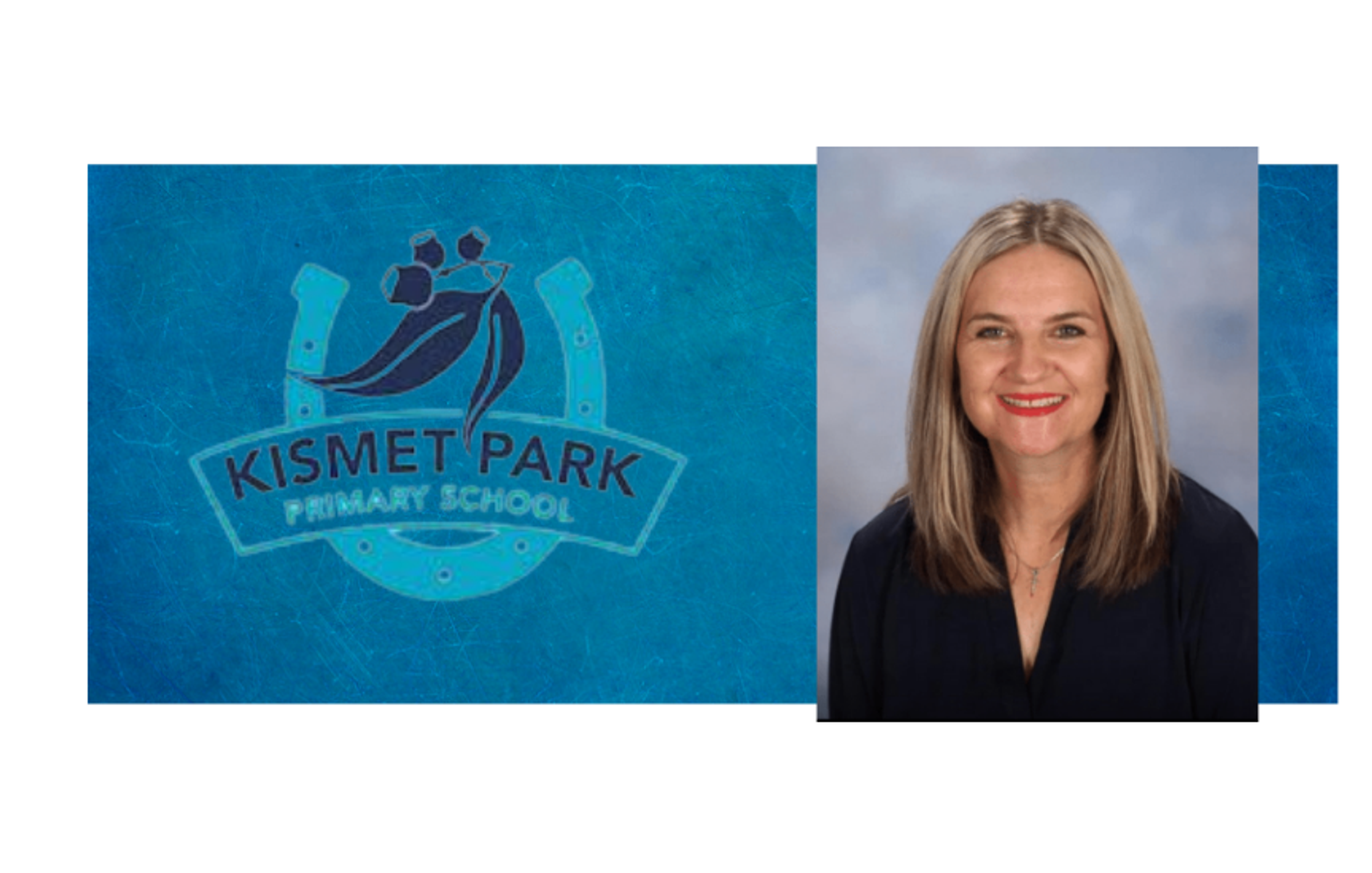Principal's Report

Dear Families,
I sincerely hope that this Newsletter finds you all safe and well. I have been reflecting in the best ways we can use our communication platforms, such as our Newsletter, to support a shared understanding of the ways in which our educators work with our children at school to support their learning and wellbeing. Through the sharing of our evidence-based practices I am confident that we can further strengthen our levels of trust and respect.
In this Newsletter I want to spend some time highlighting the power of Language and Culture. Language drives culture. Culture is the way we do things around here.
All groups of people have a culture, this includes families, towns, sporting clubs, communities and countries all have distinct cultures of their own. With school communities this includes the choices that our members make, the thinking we generate and the decisions that reflect our values. At the same time when we examine the inputs of culture we need to examine the outputs of culture, this includes our empathetic traits, consideration of others and the confidence with which the people in our community reward any demonstrations of what matters.
Every single adult who works in our school community contributes to leading our school culture. At our school we promote and use restorative language when students make mistakes, these mistakes include behavioural choices that a student may make from time to time that is not in the best interest of themselves or others. Our staff have restorative chats that follow the following framework:
- Can you explain what happened?
- How did it happen?
- How did you act in the situation?
- Who do you think has been affected by this?
- How were they affected?
- How were you affected?
- What needs to happen to make things right?
- If the same situation happens again, what could you do differently?
At this point I would like to reassure all our families that we have a Student Engagement and Wellbeing policy that is on our website and that is reflective of DET expectations. We use this policy to guide and support our responses to supporting and managing student behaviours.
As your principal and lead learner I will always, together with our staff, lead from the mindset of ‘what is best for our students”, and when a student makes a mistake, behaves in a way that is not reflective of our school values then we have a responsibility to work with our students, to reteach a behaviour, to use affective language and to put in place plans that will support our students to make better choices.
To support our culture of high expectations, trust and respect it would be wonderful if families, parents and carers could use the same framework and language when students share mistakes or events that have occurred with other children at our school. Perhaps families could place the above framework on their fridge for easy access.
I have included definitions below in bold of culture for all our families. I wish all in our community a restful week-end.
A culture is a way of life of a group of people--the behaviors, beliefs, values, and symbols that they accept, generally without thinking about them, and that are passed along by communication and imitation from one generation to the next.
According to Fullan (2007) school culture can be defined as the guiding beliefs and values evident in the way a school operates. 'School culture' can be used to encompass all the attitudes, expected behaviours and values that impact how the school operates.
Warmest Regards,
Kathy Cvitkovic
Principal
‘Building the foundations for success and happiness’.
